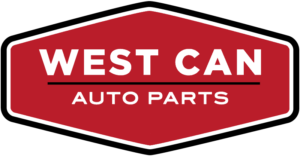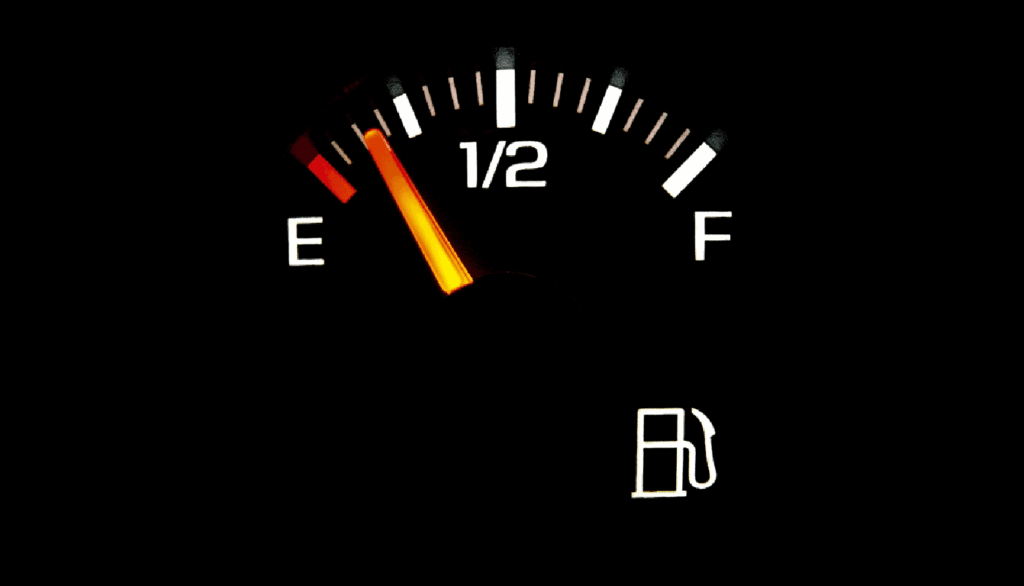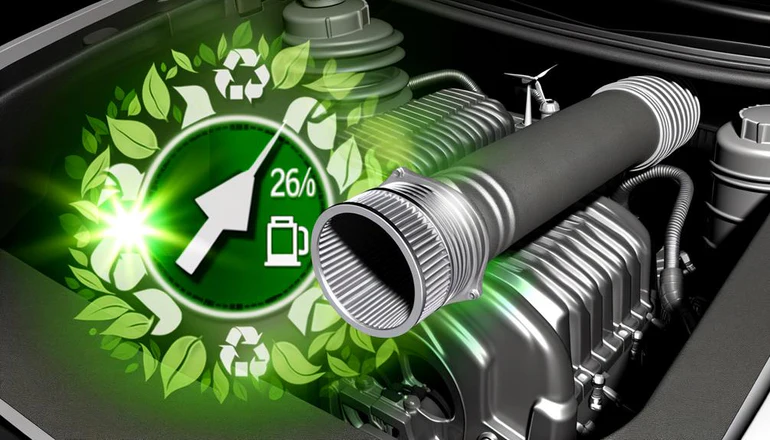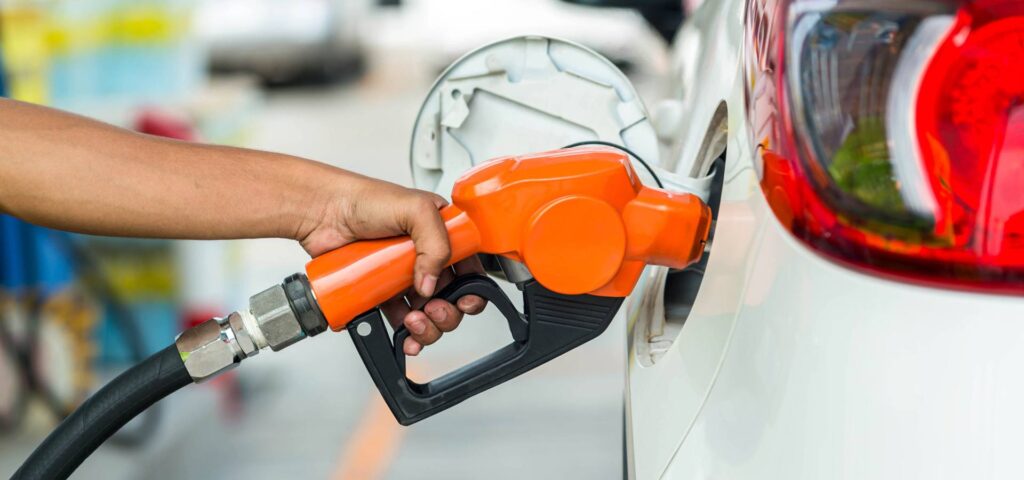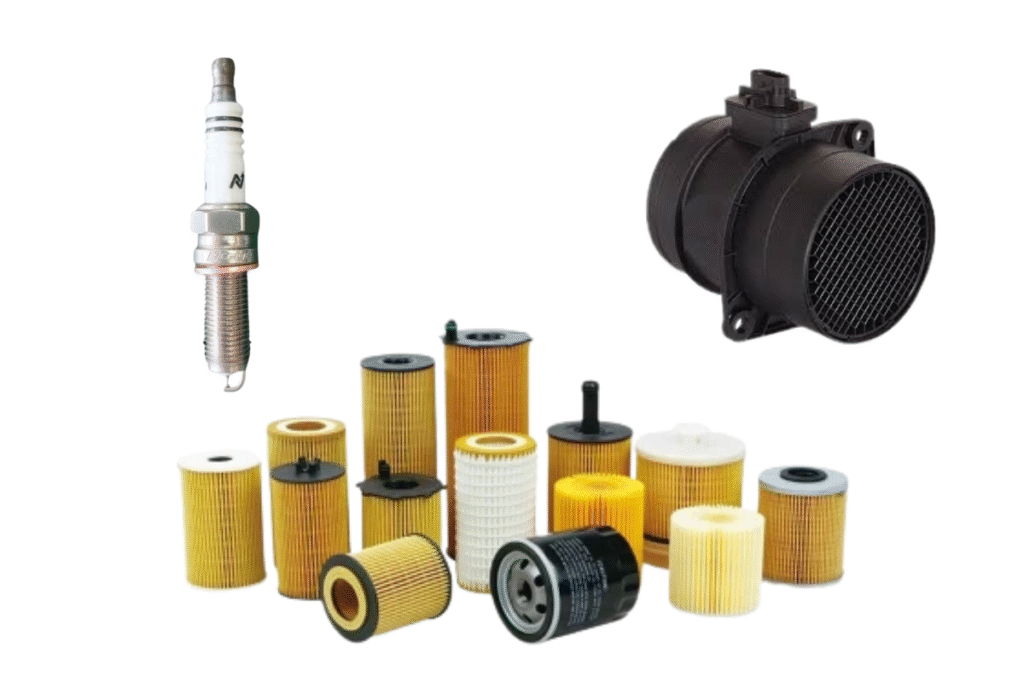
Similar Posts

Clutch Noise and Failure Guide: What Chirping, Grinding, and Slipping Really Mean
Sharing is CaringA clutch doesn’t fail overnight—it unravels like a frayed rope, strand by strand, leaving behind hints that something is amiss. Many Canadian drivers only notice trouble once the vehicle jerks, shudders, growls, or refuses to shift smoothly. But long before that cinematic breakdown moment, the clutch whispers its warnings. This guide brings two…

Why Regular Fuel Injector Cleaning Improves Performance
Sharing is CaringUnderstanding the Role of Fuel Injectors Fuel injectors play a crucial role in modern engines by delivering the right amount of fuel directly into the combustion chamber. Over time, carbon deposits, dirt, and other contaminants can clog injectors, affecting fuel flow and overall engine performance. Benefits of Regular Fuel Injector Cleaning 1. Restores…
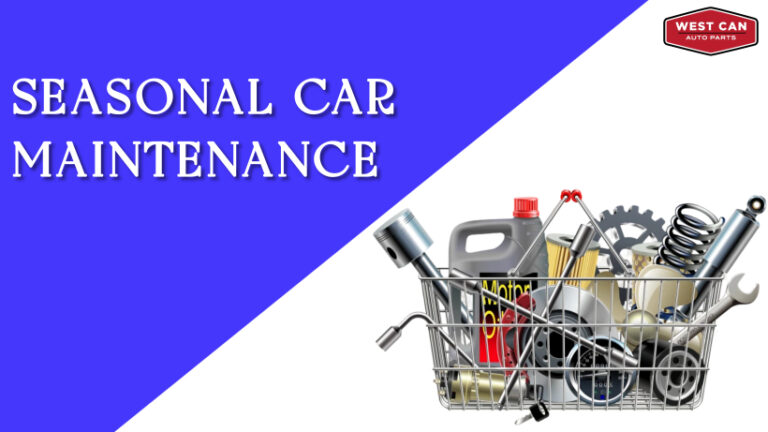
Seasonal Car Maintenance: What to Buy at West Can Auto Parts Store
Sharing is CaringProper seasonal car maintenance is crucial for ensuring that your vehicle remains in optimal condition throughout the year. As the seasons change, different weather conditions can take a toll on various components of your car, making it essential to perform specific maintenance tasks. This guide will help you understand what to buy at…

Driving with Awareness: Comfort, Convenience & Advanced Sensor Technology in Modern Vehicles
Sharing is CaringWhen we think of car technology, performance and safety often come to mind first—but what about comfort, convenience, and smart driving assistance? That’s where a different set of sensors comes into play—those designed not to keep the engine running but to make your drive easier, safer, and more enjoyable. These sensors are part…

The Brain and The Nerves: Role of Engine and Safety Sensors in Your Car
Sharing is CaringIn today’s increasingly complex automotive world, cars are no longer just mechanical machines—they’re intelligent systems powered by electronics and sophisticated data interpretation. At the heart of this intelligence are automotive sensors, acting like the vehicle’s nervous system. These sensors continuously relay real-time information to control modules, enabling everything from basic engine function to…

Keep Your Toyota Corolla in Top Shape: Smart Maintenance & Replacement Guide
Sharing is CaringThe Toyota Corolla has earned its reputation as one of Canada’s most dependable and fuel-efficient sedans. But even a car known for reliability needs care — especially when faced with harsh Canadian winters, road salt, and long commutes. Whether you’re preparing for snow, doing a quick DIY inspection, or simply trying to extend…
